If you’ve ever stood in the baby toys aisle surrounded by rattles, plush animals, and flashing gadgets, you know how overwhelming it can be. The good news? Your little one doesn’t need hundreds of baby toys—just a few carefully chosen ones that encourage learning and make playtime fun.
At New Little Feet, we believe that play is the foundation of learning. From the moment your baby first reaches for a rattle to the day your toddler proudly builds a tower of blocks, every playful moment supports important milestones in growth and development.
Children are born curious. Every sound, color, and texture they encounter helps them understand the world around them. The right educational toys not only entertain but also nurture cognitive, emotional, and physical development — turning playtime into a powerful learning experience.
In this guide, you’ll find the best types of baby toys and toddler toys for every stage — from newborns to three-year-olds — along with recommended toys, tips on how play encourages learning, bonding, and creativity.
Table of Contents
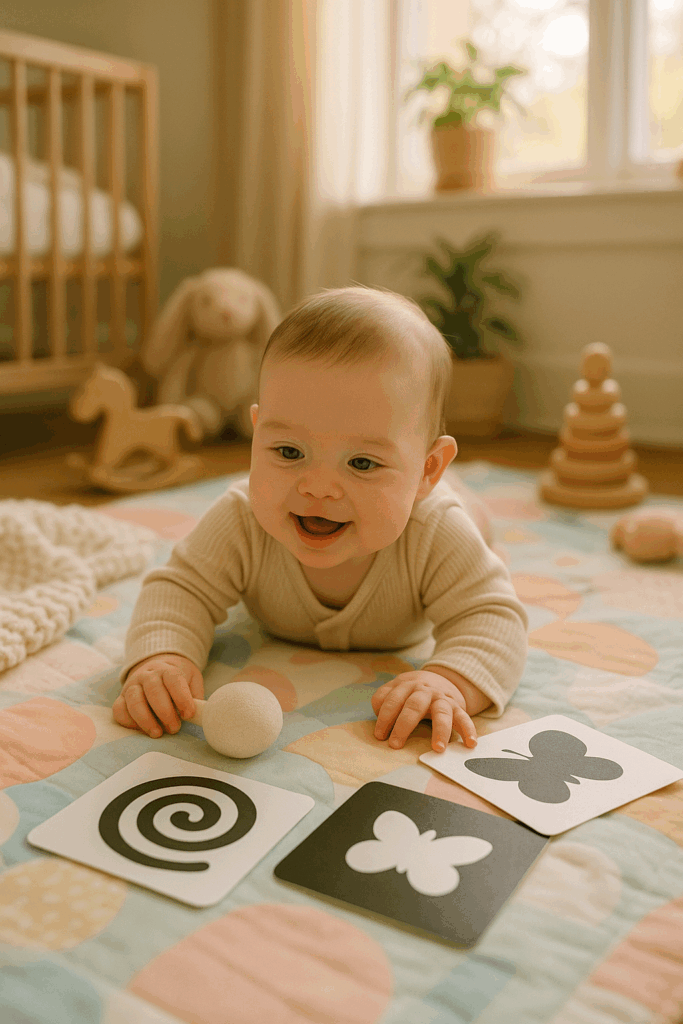
0–3 Months: Discovering the World Through the Senses
In the first few months, babies are learning to see clearly, recognize voices, and enjoy new sensations. Play is all about stimulating the senses — sight, sound, and touch.
Play & learning tip:
Hold toys 20–30 cm from your baby’s face and talk gently. Your voice, expressions, and touch are the best learning tools at this stage.
3–6 Months: Reaching, Grasping, and Smiling
By now, babies are more aware of their surroundings and love to explore with their hands and mouths. This phase focuses on fine motor skills and hand-eye coordination.
Learning through play:
Your baby begins to understand cause and effect — “When I shake this, it makes a noise!” Every interaction builds confidence and awareness.
6–12 Months: Crawling, Exploring, and Problem-Solving
Movement becomes the main goal during this stage. Babies are sitting, crawling, or even taking early steps. Toys that encourage exploration are perfect for this age.
Parent tip:
Create safe spaces for your baby to explore independently. Repetition — like knocking over blocks — helps them understand how things work.
Learning through play:
Babies now develop spatial awareness and begin to understand that objects still exist when out of sight (object permanence). Peek-a-boo is more than fun — it’s brain-building!
12–18 Months: First Steps, First Words, and Imitation Play
Your baby is now a busy toddler — walking, talking, and observing everything you do. This is the perfect stage for baby toys that encourage language development, imagination, and social learning.
Learning through play:
Toddlers love to mimic adults. Narrate your daily actions, sing songs, and involve them in simple routines — these small interactions boost vocabulary and confidence.
18–24 Months: Building Confidence and Creativity
Between 1.5 and 2 years, toddlers develop creativity, independence, and emotional understanding. They enjoy open-ended toys that let them explore in their own way.
Parent tip:
Let your toddler take the lead. Offer simple choices (“red or blue block?”) to promote independence and decision-making.
Learning through play:
This is the stage where emotional intelligence begins to bloom. Drawing, pretending, and storytelling help toddlers express thoughts and feelings.
There’s no need to rush milestones. Children grow at their own pace, and the best gift you can give is your presence and encouragement.
2–3 Years: Imagination, Social Skills, and Early Learning
Your toddler is now full of imagination and curiosity. They’re beginning to play cooperatively, understand emotions, and use language to share ideas.
Learning through play:
Playtime becomes more social and interactive. Sharing, turn-taking, and cooperation help prepare your child for preschool and beyond.
Final Thoughts: Every Step Counts
Play isn’t just fun — it’s essential for healthy development. From tummy time to building towers, every giggle and grasp builds your child’s brain and confidence.
At the end of the day, no toy can replace the joy and value of your presence — spending time playing with your little one not only strengthens their abilities and confidence but also nurtures a deep emotional bond that’s truly the best gift a child could ever ask for.
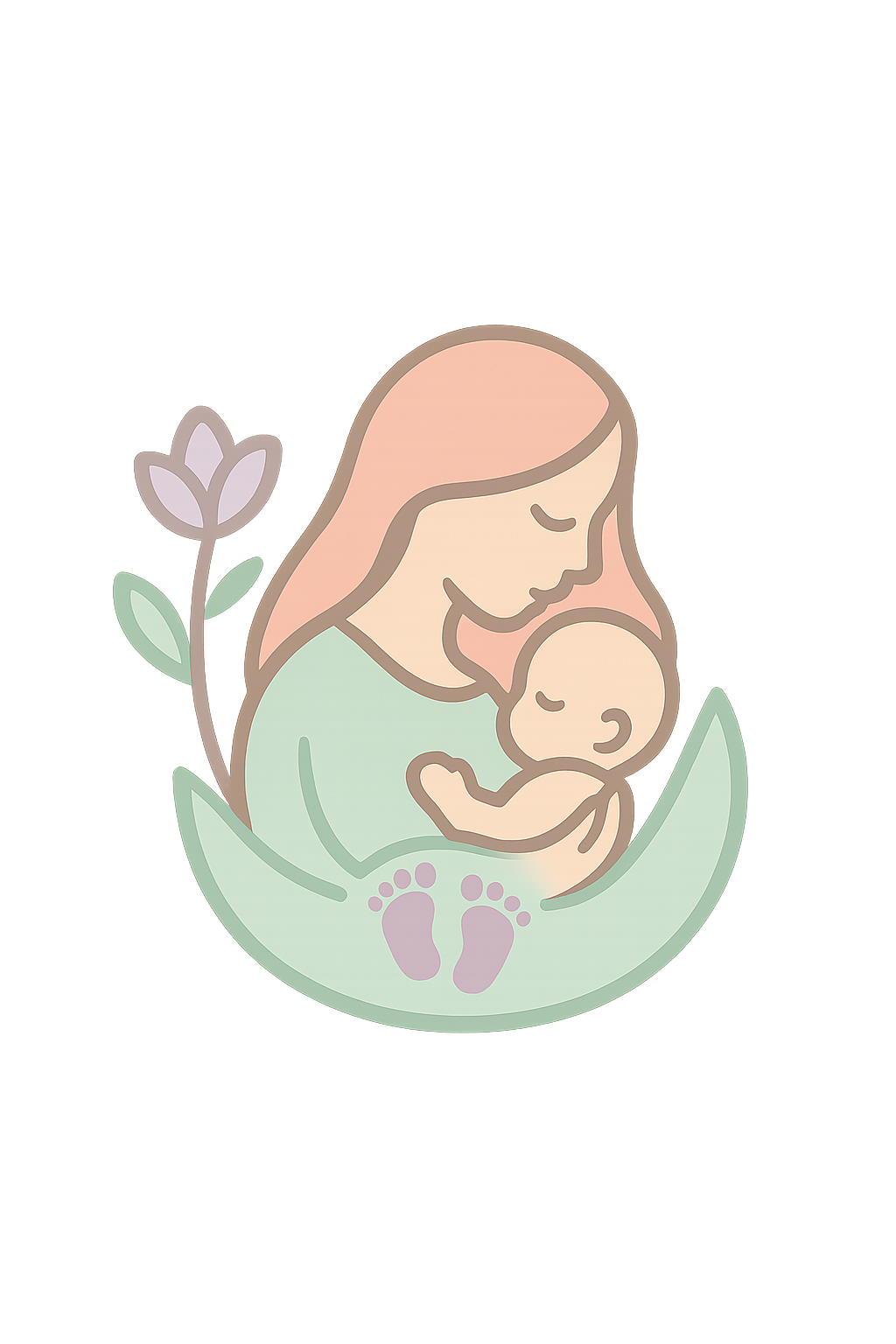
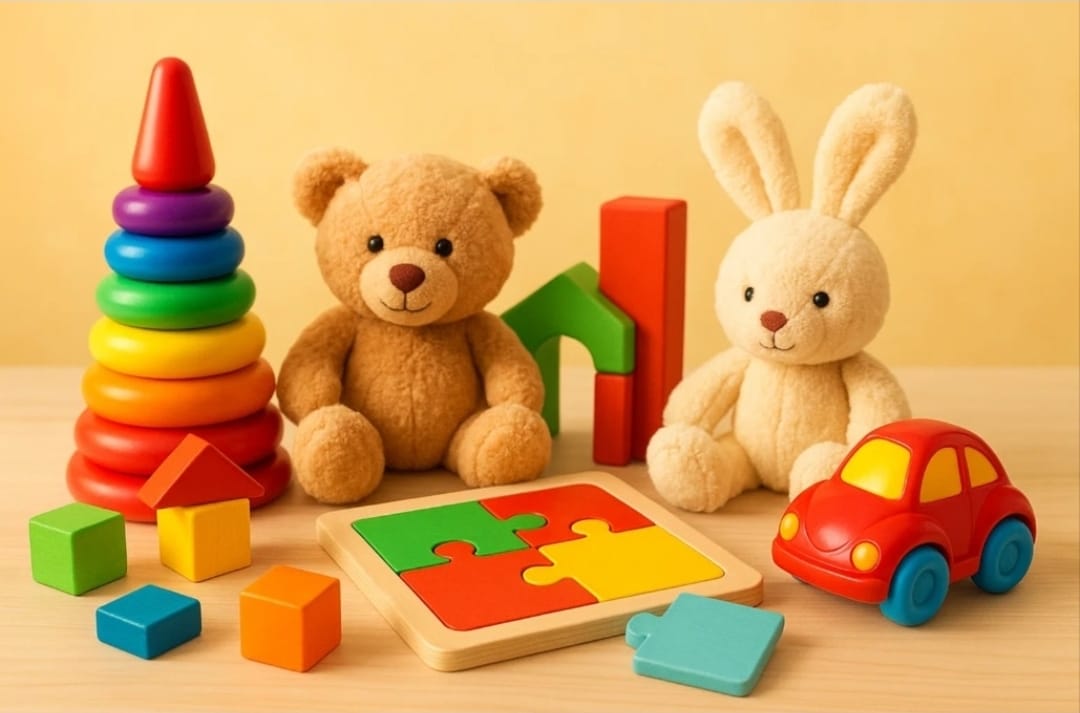
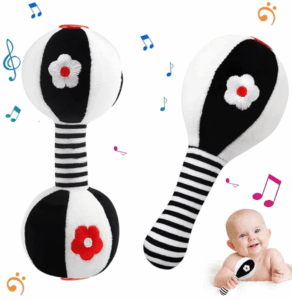
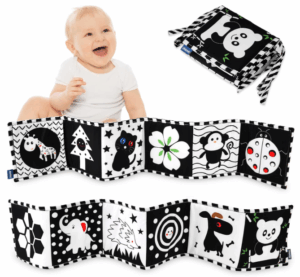
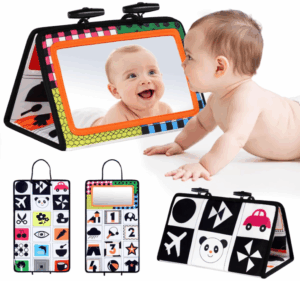
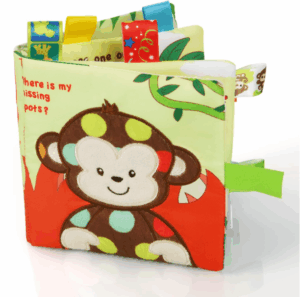
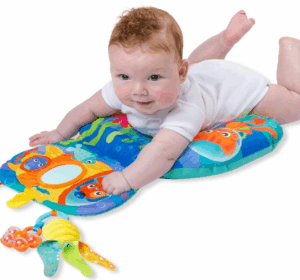
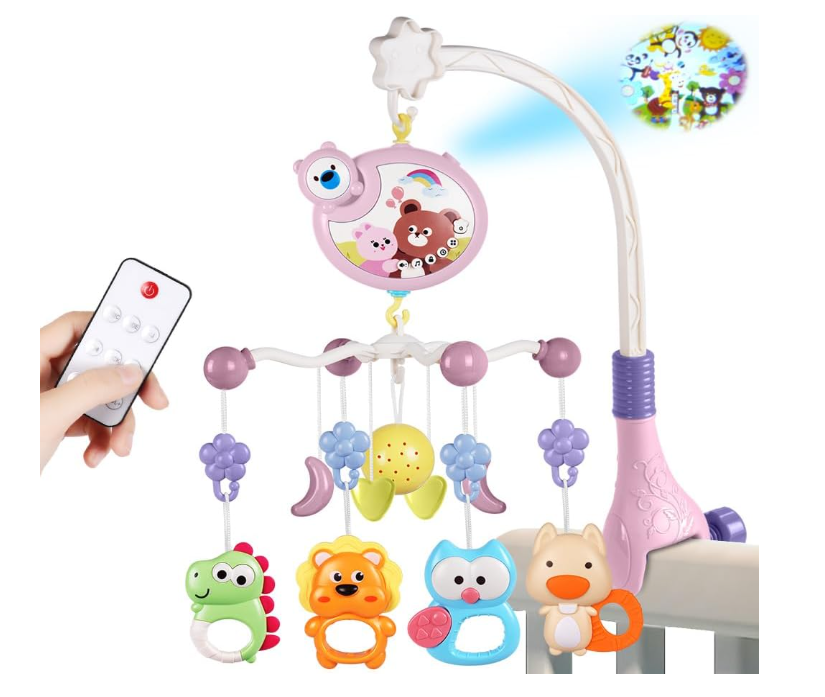
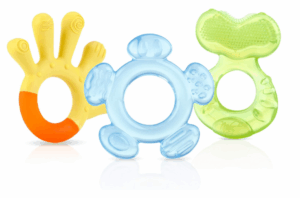
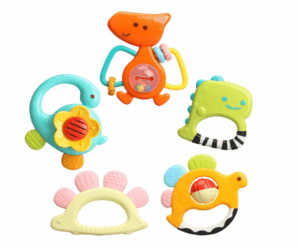
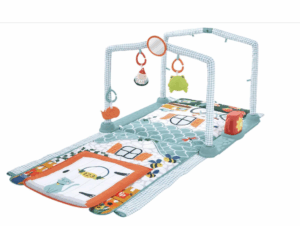
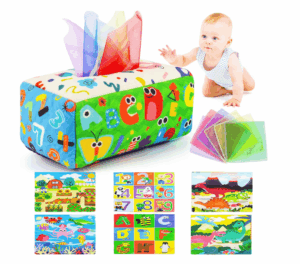
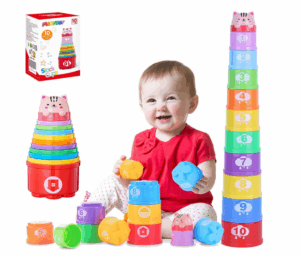
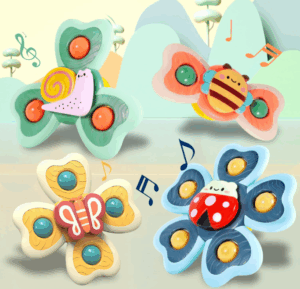
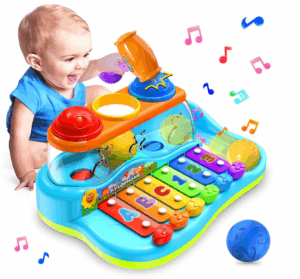
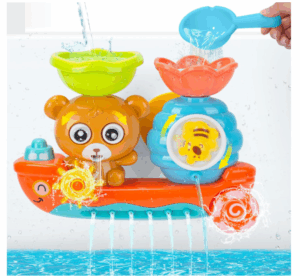
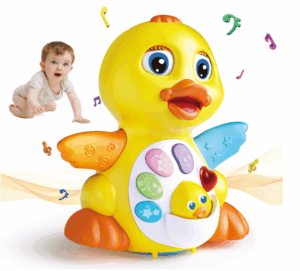
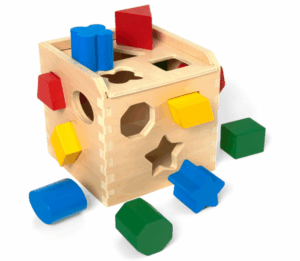
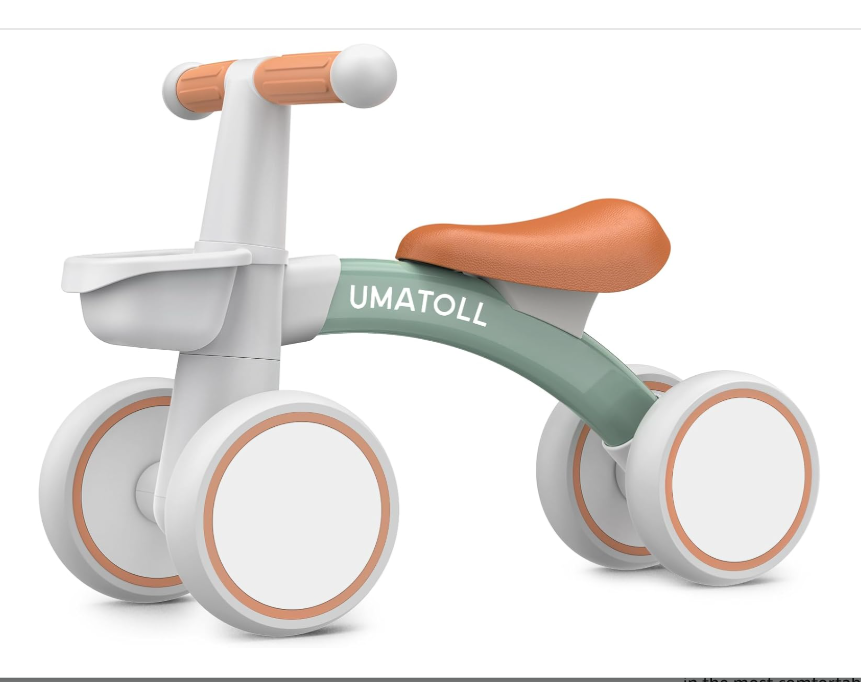
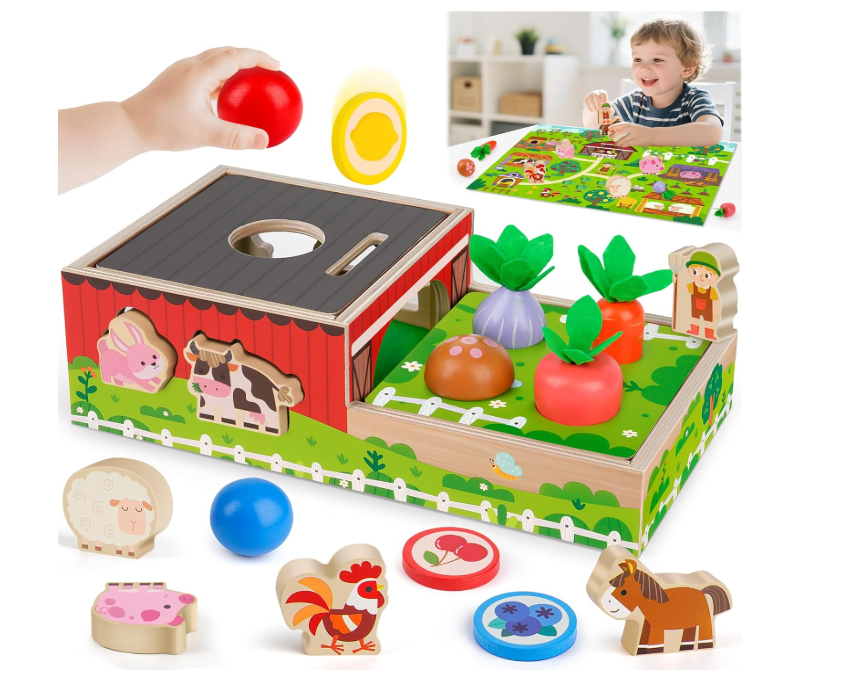
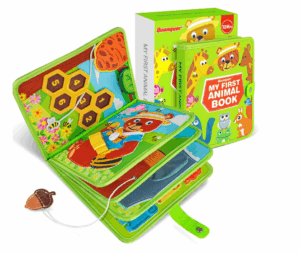
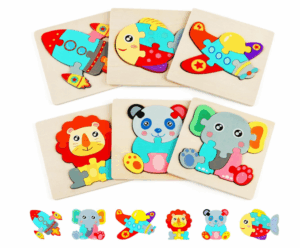
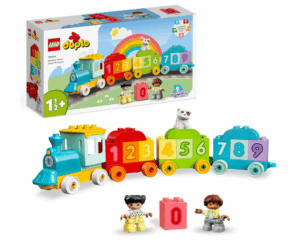
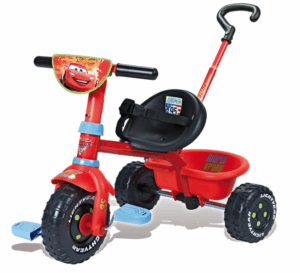
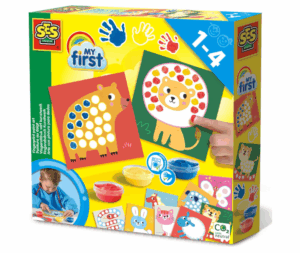
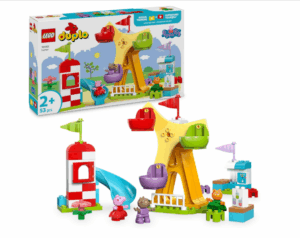
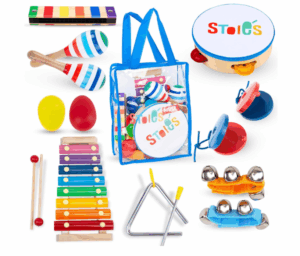
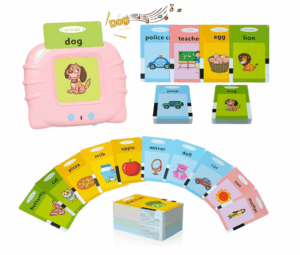
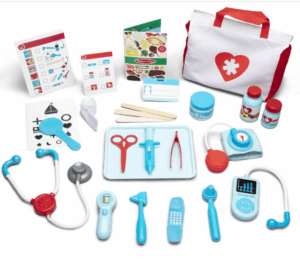
Leave a Reply